At 8 am on February 1, VOX published a longform reported piece about how demoralizing it is to labor in the creator economy, by the journalist Rebecca Jennings. I am a huge fan of Jennings’s reporting on digital culture, and you’ll see that she interviewed me for her piece.
That same day, Universal Music Group (UMG), which represents some of the biggest musicians in the country (Taylor Swift, you might have heard of her?) announced that it would be pulling its catalog from TikTok, because negotiations fell apart over the licensing agreement.
UMG says they were seeking “appropriate compensation for our artists and songwriters, protecting human artists from the harmful effects of AI, and online safety for TikTok’s users.”
TikTok said, “Bye.”
What does this mean? And why should writers care about this?
It means that an app that initially became famous for lip syncing and dance trend videos no longer has a licensing agreement in place with UMG that allows users to put Drake, or Olivia Rodrigo, or Lana Del Rey, or Billie Eilish, or boygenius songs in their videos.
All those old dance videos? Awkward:
 Tiktok failed to load.
Tiktok failed to load.Enable 3rd party cookies or use another browser
The UMG story illustrates the trade-offs built into the creator economy.
When UMG walked away from negotiations with TikTok, they did so to protect the creative work of their stars; they also lost an extremely powerful discovery engine for their up-and-coming artists.
Let’s imagine a scenario in which TikTok is entirely banned in the United States. Colleen Hoover and Emily Henry will be fine. To millennials and Gen Z, these women have the kind of brand recognition that “Stephen King” and “John Grisham” have for boomers.
But losing TikTok would be a huge blow to the book publishing industry and would have trickle down effects for all of us (I’m looking at you, literary novelists!)
For those of you who are still hoping BookTok is a passing fad that I’ll one day shut up about, let’s look at some numbers. This is how many print book sales BookScan has attributed to the top BookTok authors, over time:
2020: 9 million units
2021: 20 million units
2022: 33 million units
2023: 55 million units
If you subtract Colleen Hoover (9 million units), that’s “only” 46 million for 2023, still a 40% gain over 2022. BookTok accounts for at least 7% of print book sales in 2023. (I say at least because there are tons of titles recommended on BookTok that wouldn’t be tracked by BookScan under their “top” BookTok author list.)
Back to Rebecca Jennings in VOX:
[Big Tech demands that] artists engage in double the labor to make a fraction of what they would have made under the old model. That labor amounts to constant self-promotion in the form of cheap trend-following, ever-changing posting strategies, and the nagging feeling that what you are really doing with your time is marketing, not art. Under the tyranny of algorithmic media distribution, artists, authors — anyone whose work concerns itself with what it means to be human — now have to be entrepreneurs, too.
It’s hard for me to argue with this. It’s true! You do have to be entrepreneurial if you want to make a living as an artist, musician, or writer in the year 2024.
Jennings’s article is far more pessimistic than I feel (which is what I told her when she called me for an interview—I said I would probably be the only person she talked to that doesn’t hate personal branding?)
The biggest question I had reading her piece was, where did anyone get the idea that it’s easy to make income from creating art? Or even that you deserve to make money from art?
Name ONE period in history when it was easy to make income for creative writing. And whenever anyone waxes nostalgic about the good old days for writers, back when writers were making all that money, you know, the good old days:
Before we had what Jennings calls the “tyranny of algorithmic media distribution,” we had gatekeepers. Certain people worked in book publishing, an industry that pays in prestige1, and those people knew other people who went to the right schools, and knew the right people, and printed manuscripts were delivered by courier.
The internet has leveled the playing field for writers, musicians, and artists to get their work directly in front of an audience, without passing through the gatekeepers.
This means that there is more competition than ever before. There are just more of us. No one wants to talk about this, but I will! The competition never ends. You don’t ascend to some higher plane after you publish your first or third or fifth book. The glut of submissions right now—to literary agents, to book editors—is so overwhelming that it’s a compliment when a gatekeeper doesn’t ghost you.
If this is the path you’ve chosen for your life, to be a professional creative writer, and by professional I mean earn income for your creative writing, then welcome to the creator economy.
What is the creator economy?
The creator economy runs on the direct relationship between a musician/artist/writer and their audience, unmediated by institutional gatekeepers. It’s Colleen Hoover running her own Facebook fan community. It’s Substack allowing me to publish my ideas on book publishing directly to your inboxes, instead of having to go through the trouble of pitching Slate. The creator economy is the current iteration of the 1000 true fans idea.
I know that many of you will vibe with Jennings when she writes:
…self-promotion sucks. It is actually very boring and not that fun to produce TikTok videos or to learn email marketing for this purpose. Hardly anyone wants to “build a platform;” we want to just have one….The labor of self-promotion or platform-building or audience-growing or whatever our tech overlords want us to call it is uncomfortable; it is by no means guaranteed to be effective; and it is inescapable unless you are very, very lucky.
The thing is…I do have fun sending out these newsletters?!! I have fun talking about books I love on TikTok, and I have fun being a trickster on Instagram. I don’t often make “self-promotional” content—more often, I’m sharing an idea, an opinion, or a joke. My “content” has to be valuable to you, my audience, so that when I do have something to sell, you’re willing to hear the pitch.
True creativity and real talent will stand out, against a landscape of mediocrity. It’s a question of how and where you’ll be discovered. Will you be among the lucky few chosen by the remaining gatekeepers? Or will you build an audience of fans who appreciate what only you can do?
 Tiktok failed to load.
Tiktok failed to load.Enable 3rd party cookies or use another browser
Here’s what I told Jennings:
I try not to be a cynic. If this is the state of the creator economy, how can I thrive in it instead of wasting time complaining about how I wish it were better? One pet peeve of mine is writers’ reluctance to get on social media because they don’t want to share their ideas in public. It’s like, well, why do you want to be a writer? Isn’t the whole point of writing that you have ideas that you want to share? You should be sharing those ideas in public all the time.
If you’re curious, I can break down my content strategy even further:
This free newsletter I send out (almost) weekly is marketing my services and my courses to writers who trust me as a bullshit-free expert on the book publishing industry and digital media
My Instagram content is marketing my backlist (Self Care) to millennial and gen X readers
My TikTok content is to grow my younger audience, and my network of BookTok creators, for my next novel
You could say that I have a strange and unusual affinity for digital culture and you’d be right. I don’t expect other authors to be as online as I am. I have never told a single client “You must post X times a week, on Y platform if you want a book deal.” I have asked my clients how they enjoy spending time online, what topics they actually care about, and made a recommendation of which platform to spend their energy on, if they want to reach their ideal readers.
The power of TikTok’s algorithm is ONE solution to a discoverability problem that plagues all artists, musicians, and writers in the 2020s. By making their newsletter platform a social network, Substack is also trying to attack the problem of discoverability. If you have an alternative mode of getting discovered, I would love to hear all about it!
AI tool for querying writers
Publishers Marketplace now offers an AI tool you can use to search past deal announcements that are similar to your work-in-progress, to help you build a list of agents to query. Usually, this search takes me a couple of hours, trying different search term variations, when I’m building a list of agents for a client. I tried the tool myself and it was extremely fast and accurate. (A membership to PM is $25/month. I am not an affiliate and this is not an ad!)
Special announcement
Before I list my upcoming events, I want to ask for your support. The poet Marina Blitshteyn lost her two-year-old daughter Libby this week, after a long medical ordeal that left Marina and her husband unable to work, as they became Libby’s full-time caretakers. If you are in the position to contribute anything to their fundraiser, to help them through this extremely difficult time, I would truly appreciate it. Thank you.
Upcoming events
On February 15 in Scarsdale, I’ll be in conversation with Jessica Saunders about what we did to launch her debut novel Love, Me, which you have been seeing all over Instagram. Advance registration required
On March 2, I’m teaching my popular introduction to Memoir Plus in Westport, CT. This class WILL sell out. Register soon
I will be the keynote speaker at the Westport Writers Pitch & Publish conference on March 16. There is a FREE information session on Tuesday to learn more
There is a DATE CHANGE for my rare and luxurious writing retreat with Karen Karbo in the South of France. Now June 23 — 28.
I was an assistant at the New Yorker from 2008 - 2009 and I was paid $28,000. I worked two part-time jobs on the side to support myself. The assistant I replaced made extra income by selling the review copies of books that came into the magazine at the Strand, and by waitressing.

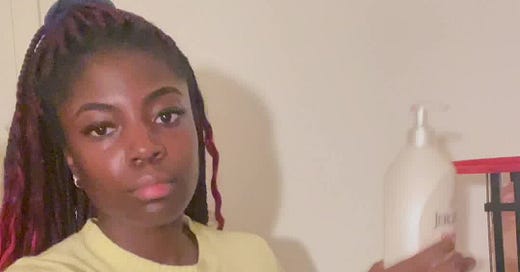



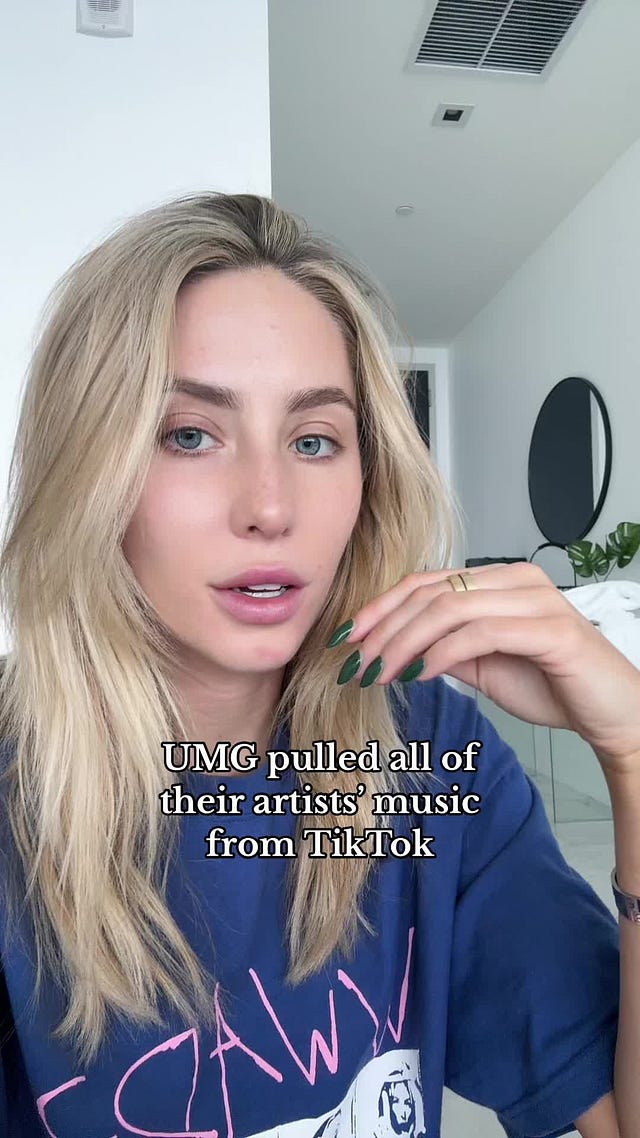
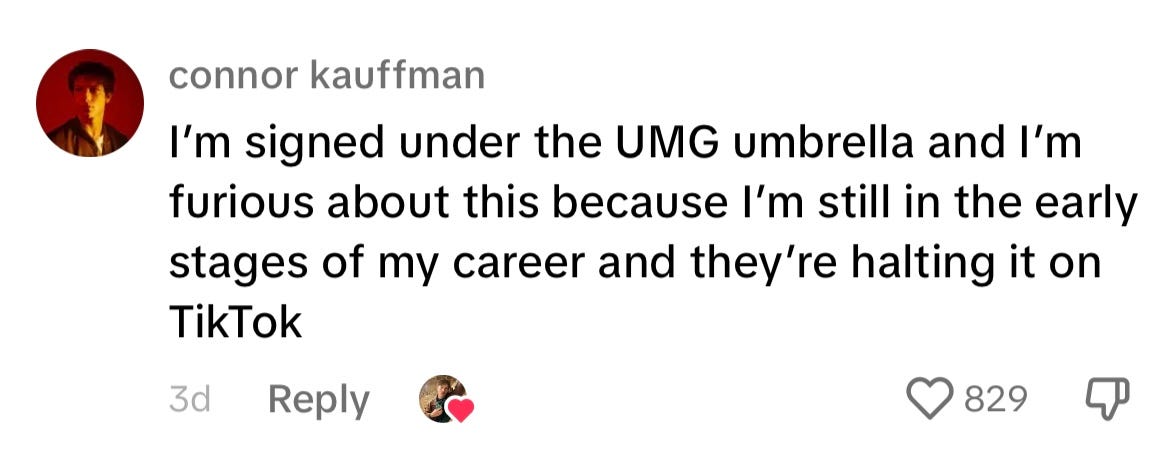
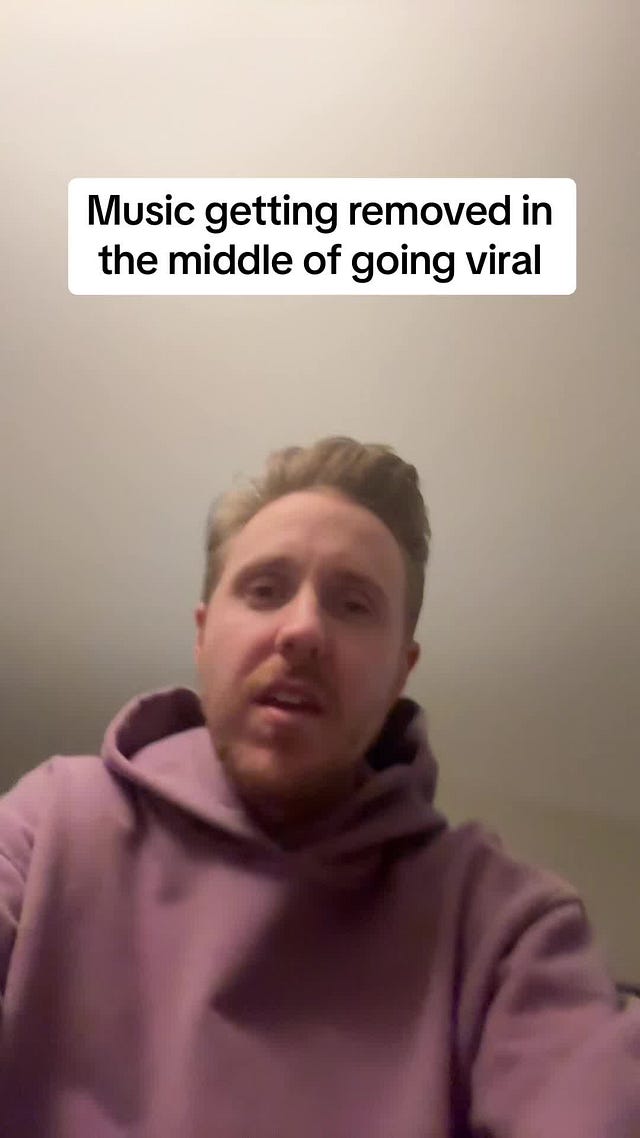
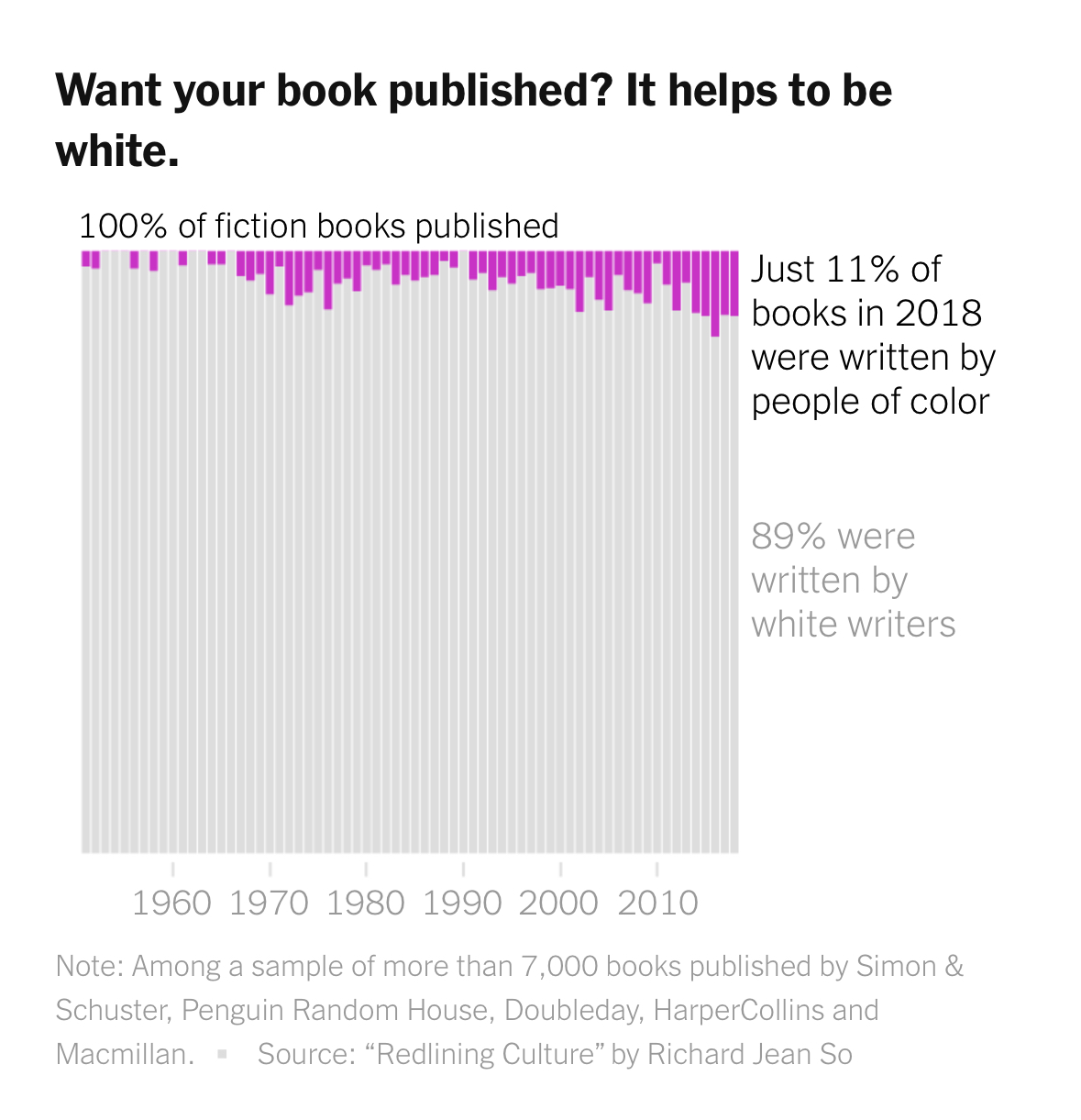


Clap clap BRAVO. 🔥 I read the Vox article yesterday and loved your optimism. I then saw a writer on Threads vehemently disagree with your take and a lot of other writers chimed in. They said they wanted to be a writer to WRITE, not spend time sharing their ideas online/self promote. Which yes, of course AND if you want to get paid to write (which they all do) you’ve got to be online. You can pick your battles. I don’t have TikTok, I don’t find it interesting/it isn’t how I find the books that I read, AND I see how valuable it is for creators. I spend most of my online time on Substack with a little on Threads/Insta. I know my growth will be slower and I’m totally okay with that. Sure I could pop in front of a video and use my looks and personality to gain followers but that just isn’t fun for me. People are completely missing the point that they can do it their own way. I get being online isn’t enjoyable for some writers (a lot of us are introverted) but y’all it is 2024!! Please join us in the present. 😂
I have always loved your desire and passion to help writers become full time paid writers. Thank you, Leigh. ❤️
I basically found a back door into a writing career by making memes on instagram?? it took years to build an audience tho, the creator economy is precarious as hell, but as a disabled writer w/ no media connections it’s kinda been my best option. your tiktoks about booktok inspired me to try making some btw — I had one pop off, got 20K followers kinda overnight, and an editor saw it and reached out to me asking about book ideas. I am now convinced of TikTok’s power but also kinda fucking terrified of it lmaoo